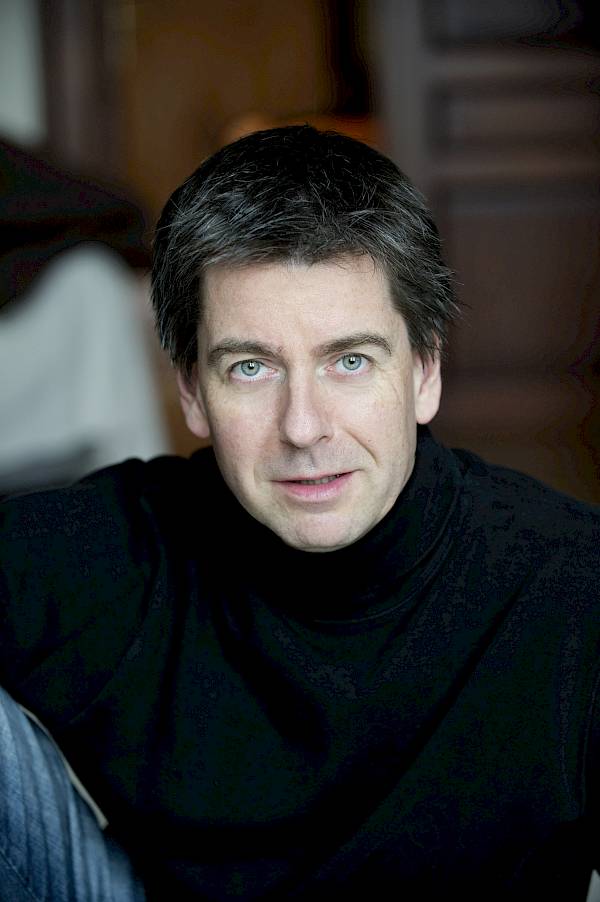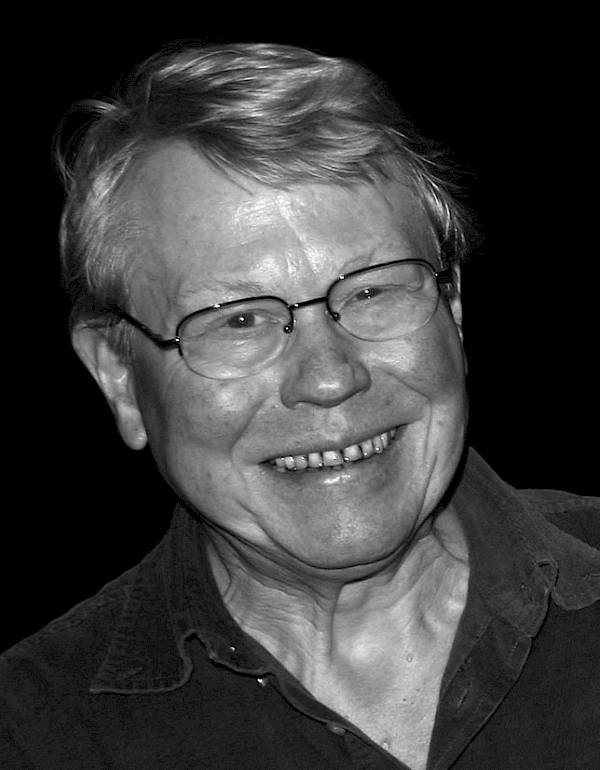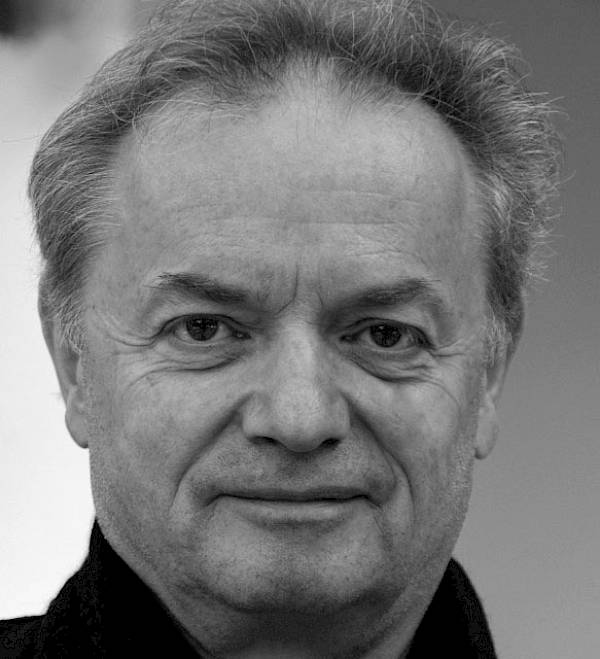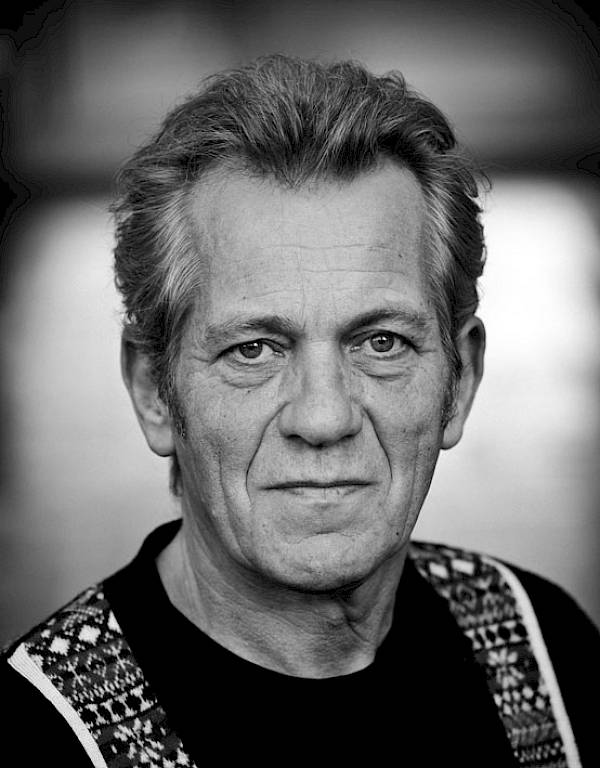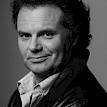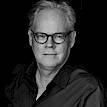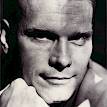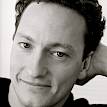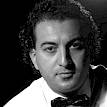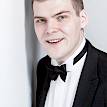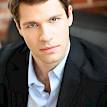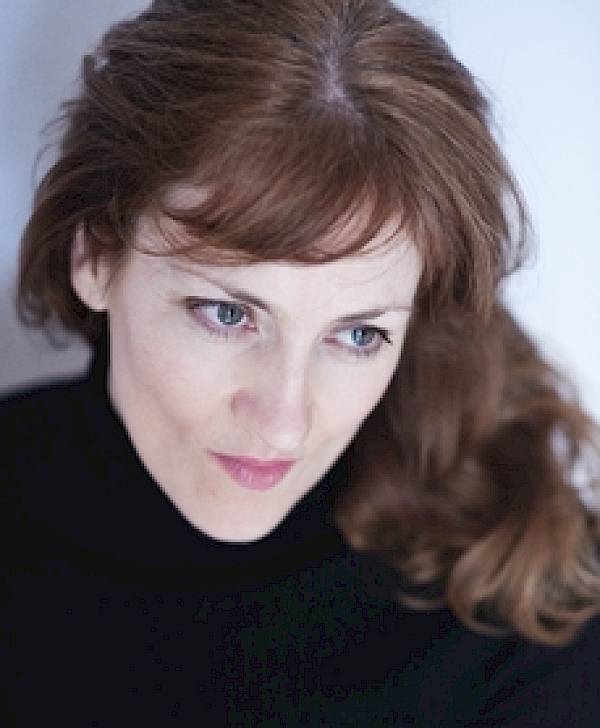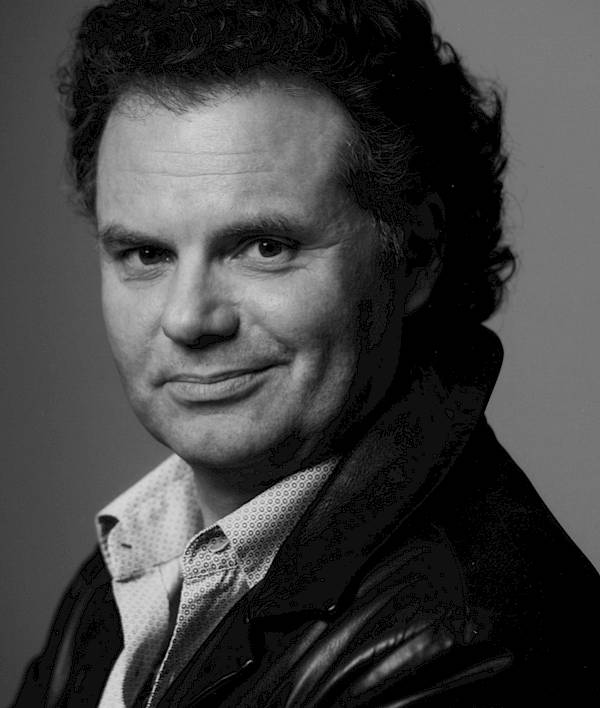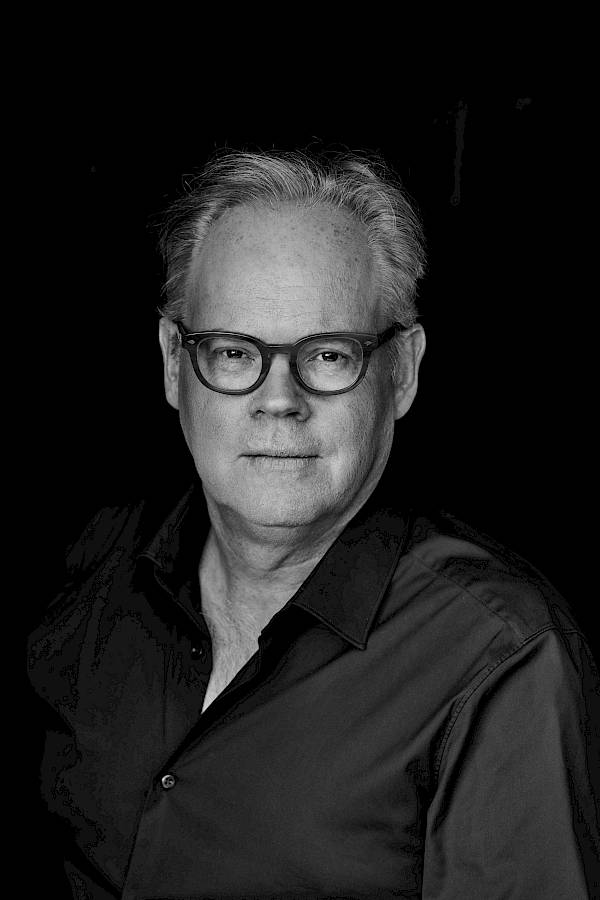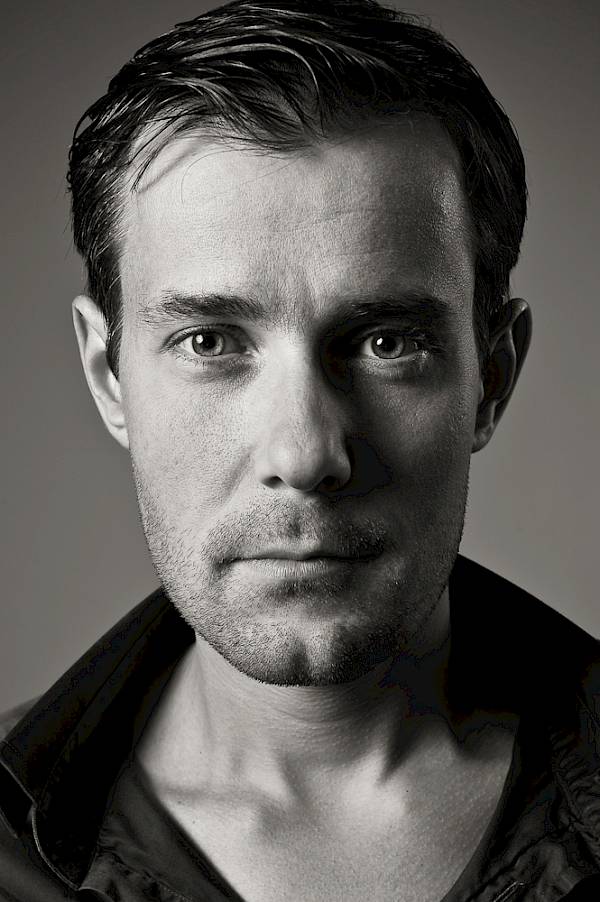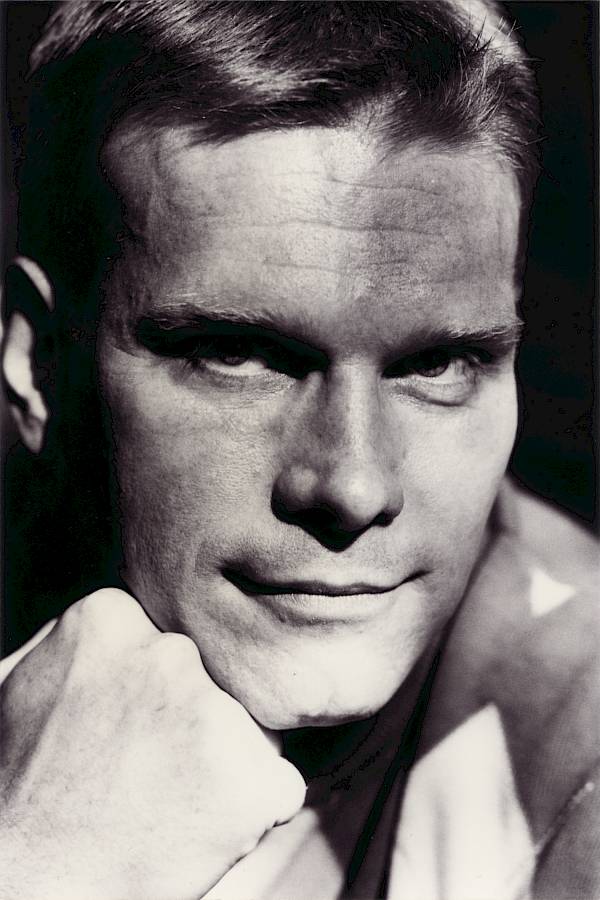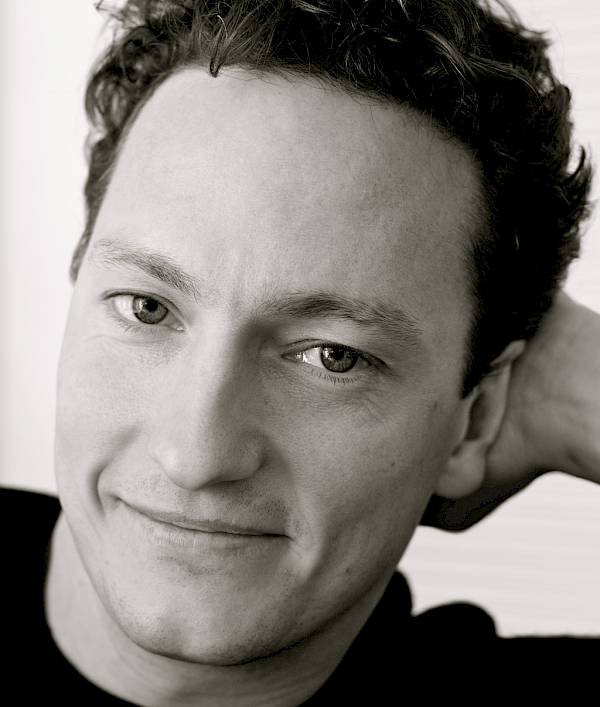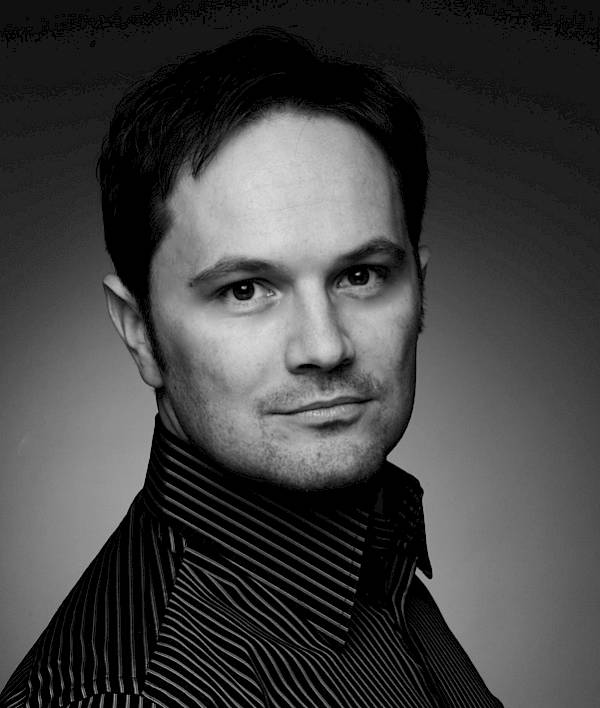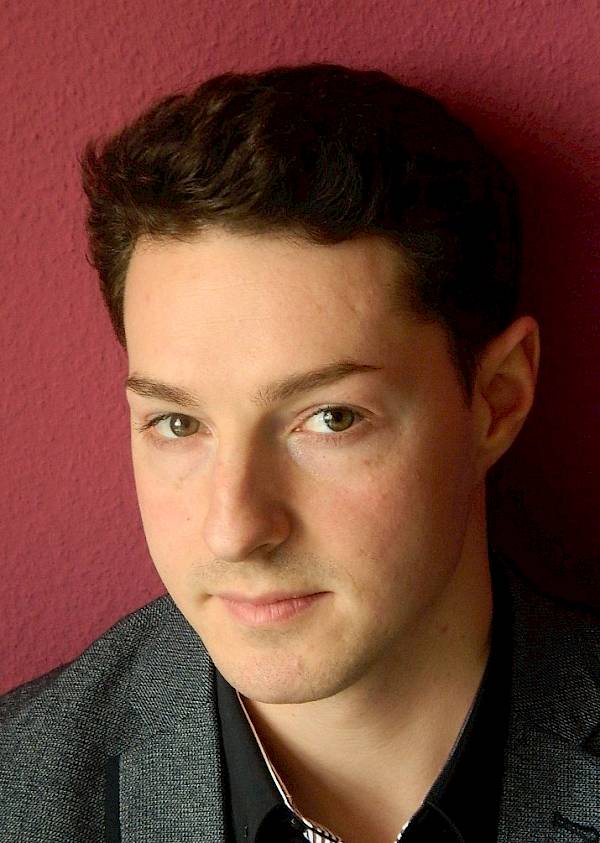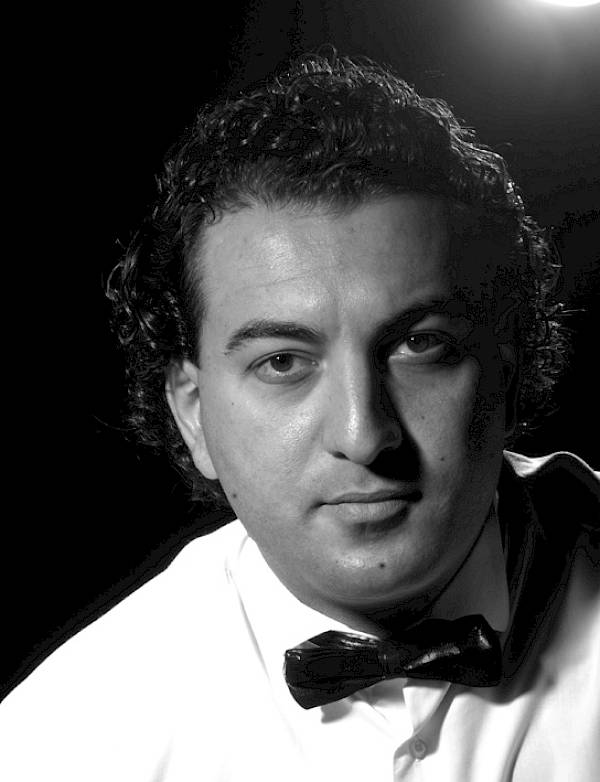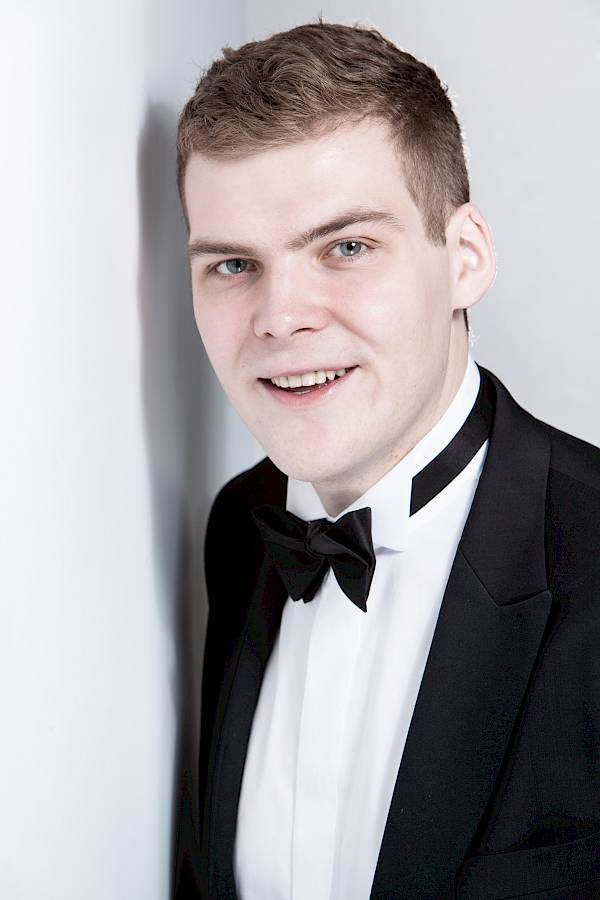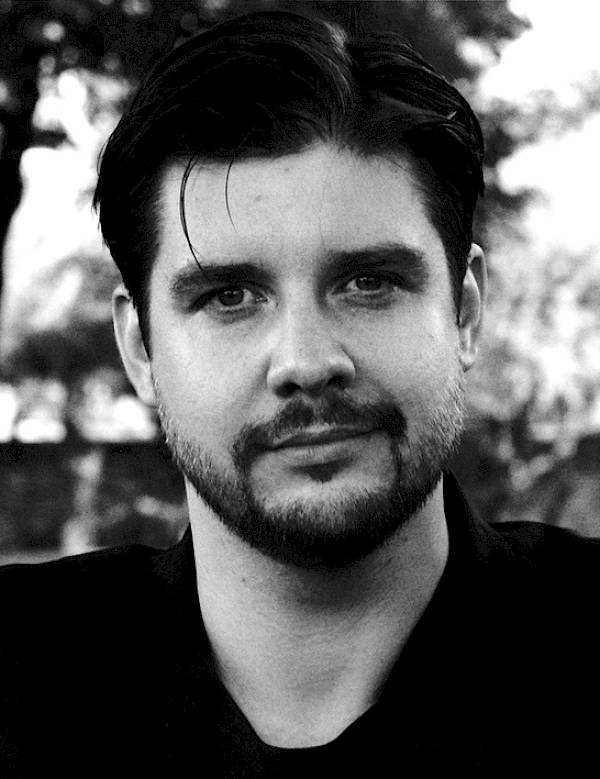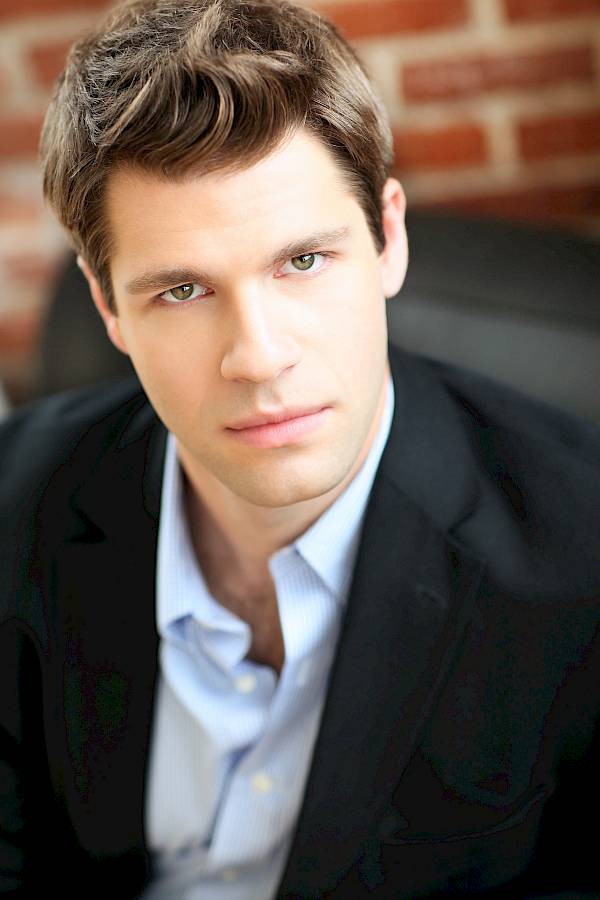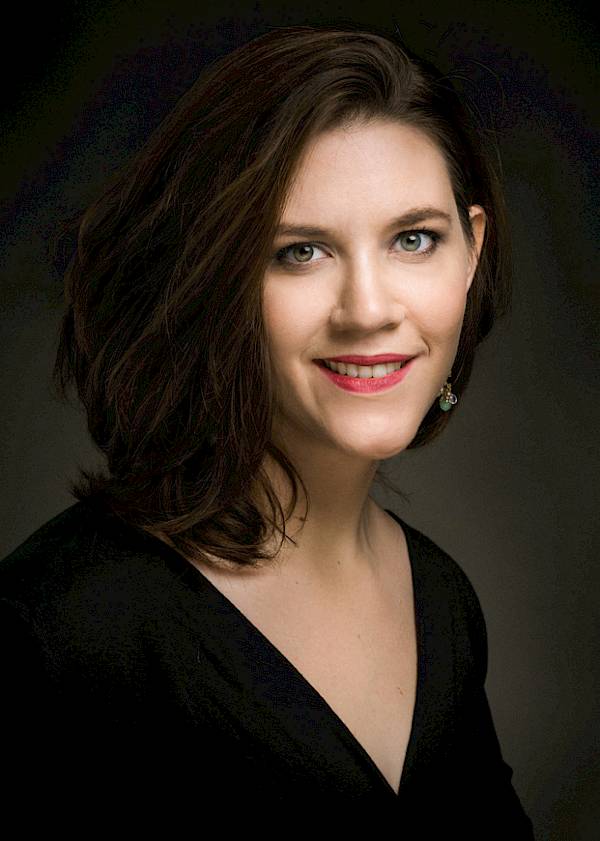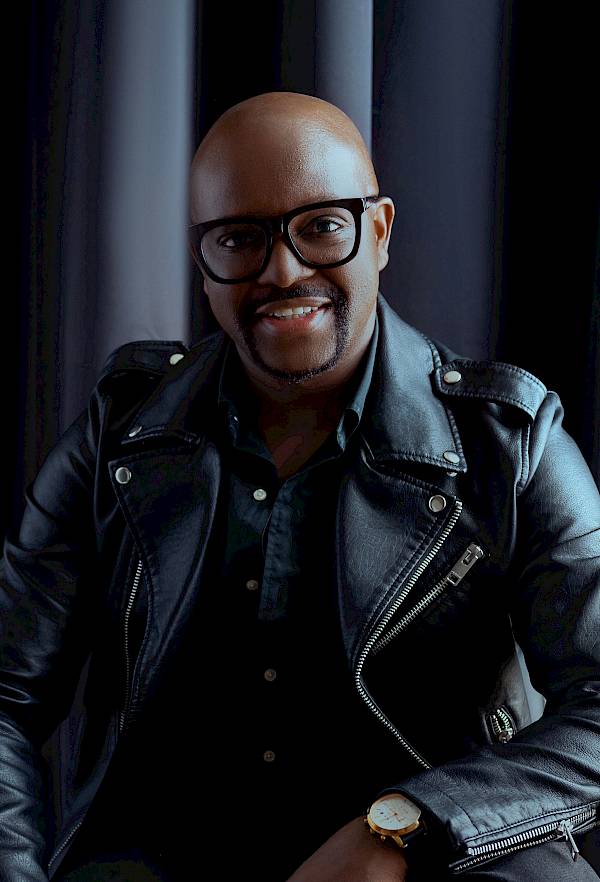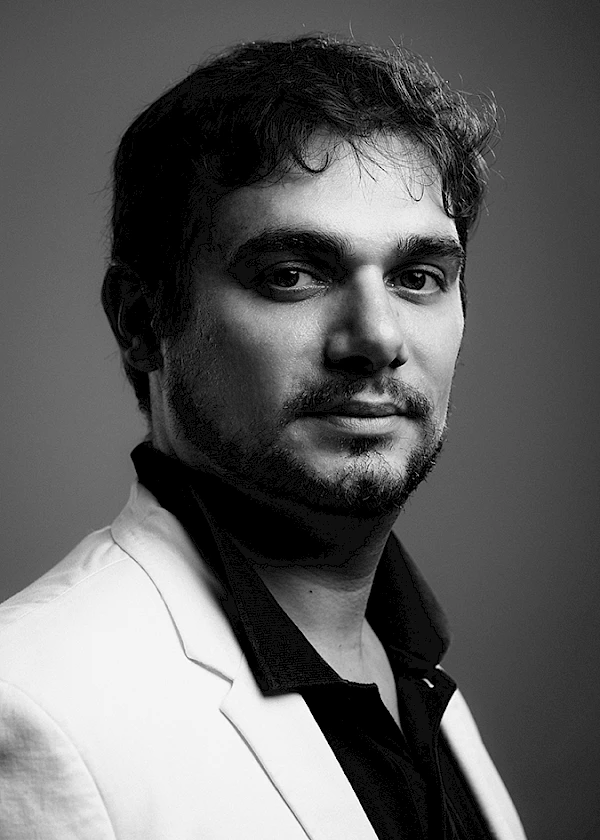Act One
Walther von Stolzing is newly arrived in Nuremberg from Franconia. He has met Eva, the daughter of affluent goldsmith Veit Pogner, at her father’s house, and the two have fallen in love. Walther speaks to Eva, who is accompanied by her confidante Magdalena, after a service at St. Katherine’s Church. On learning that her father has offered her hand in marriage as the prize in a singing contest the following day, Walther resolves to secure his own immediate admission to the Mastersingers’ guild. David, an apprentice and a student at the singing school, inducts Walther into the strict and complex rules of the Mastersinger’s art. The Mastersingers gather and praise Pogner for his intention to give his daughter Eva to the contest winner. She should, however, have a right of refusal, too. Hans Sachs, the cobbler, suggests that the townsfolk should have a say in who should win the contest, but this idea is rejected by his fellow Mastersingers. When Stolzing asks to be admitted to the guild, he is required not only to provide details of his own mentor but also to sing an audition song. Sixtus Beckmesser, the town clerk, who serves as the guild’s “marker” and intends to compete for Eva’s hand himself the following day, notes down the various contraventions of the guild’s rules in Walther’s rendition. There are simply too many of them; and while Sachs, who is fascinated by Stolzing’s song, pleads on his behalf, the Mastersingers refuse to admit Walther to their ranks.
Act Two
As dusk falls, the other apprentices tease David about his love for Magdalena. Pogner notices that Eva is agitated, but she declines to elaborate. As a result, she learns nothing more about the outcome of Walther’s singing audition. Sachs, meanwhile, cannot get Stolzing’s song out of his head: it seems to challenge all the Mastersingers’ traditions. When Eva seeks him out, Sachs tells her about Walther’s rejection by the guild. Eva urges Sachs – a widower and a dear friend whom she has always regarded as a father figure – to compete for her hand himself; but he feels all too clearly that it is Stolzing she loves. Eva meets secretly with Walther. Since Walther cannot now take part in the contest the next day, they decide to elope. They are prevented from doing so, though: first by Sachs, who suspected they might attempt this, and then by the night watchman. Finally Beckmesser appears. He wants to practise his song for the contest by trying it out on Eva. But instead of Eva, it is Magdalena who appears, in disguise. Sachs, who has promised to finish a new pair of shoes for Beckmesser, disturbs the clerk with his noisy cobbling and singing. Finally he suggests that he should act as a marker and strike his hammer to mark the errors in Beckmesser’s song. The resulting noise wakes the neighbours and Sachs’s apprentice David, who recognizes Magdalena. Filled with jealousy, he leaps upon Beckmesser. A brawl ensues in which the neighbours, the apprentices and the journeymen all get involved. Eva and Walther, who have remained in hiding up till now, decide to take the opportunity to flee. But Sachs, having separated David and Beckmesser, pushes Eva into her father’s house and takes Stolzing home to his own for the night. As the night watchman appears again, the riot ends as quickly as it began.
Act Three
The following morning David finds his master engrossed in a book. He congratulates him, as today is St. John’s Day, after whom Hans Sachs is named. While David dresses up for the St. John’s Day festival, Sachs reflects on the events of the previous night and decides to gain a tighter rein on the “madness” around him. Stolzing, who has just woken up, tells Sachs of a dream he has had. Sachs urges him to put it straight into a song. He also tells him what form the song must take to comply with the Mastersingers’ rules. Two verses are composed, with Sachs writing the words down himself . While Stolzing and Sachs also prepare to head off to the festival, Beckmesser finds the new manuscript. Recognizing the handwriting, he assumes it is a poem by Sachs. The latter declines to deny this, but assures Beckmesser that he has no intention of performing it at the contest. Eva has a talk with Sachs. When Stolzing enters, seeing Eva once again inspires him to immediately come up with the third verse of the new song. Sachs promises to help Walther and Eva in the upcoming contest, thereby forgoing his own dreams of winning Eva’s hand. Sachs calls David (whom he promptly promotes from apprentice to journeyman) and Magdalena as witnesses, and baptizes Walther’s new composition “The Morning Dream Interpretation Song”. The guilds and the townsfolk gather to celebrate St. John’s Day. Sachs is especially warmly welcomed, with everyone singing the chorale “Awake! Now the Dawn of Day Is Seen”, which is one of his own poems. Sachs opens the singing contest for Eva’s hand. Beckmesser attempts to sing the poem he found at Sachs’s house to a melody of his own. As he does not understand the lyrics, though, he fails utterly and his performance ends in a fiasco. He promptly blames Sachs, whom he names as the song’s creator. Sachs, in his defence, appeals to the true composer of the song to verify its quality by performing it himself. This gives Stolzing the chance to take part in the contest after all. The masters and the townsfolk are enchanted by his rendition, and immediately declare him the victor. Eva offers him her hand as his prize. When the Mastersingers seek to accept him into their ranks, however, Stolzing declines. Sachs, seeing this, warns Walther to pay due respect to art and its guardians, the Mastersingers. Walther is swayed and accepts the honour, and everyone thanks Sachs for his wise intervention.


